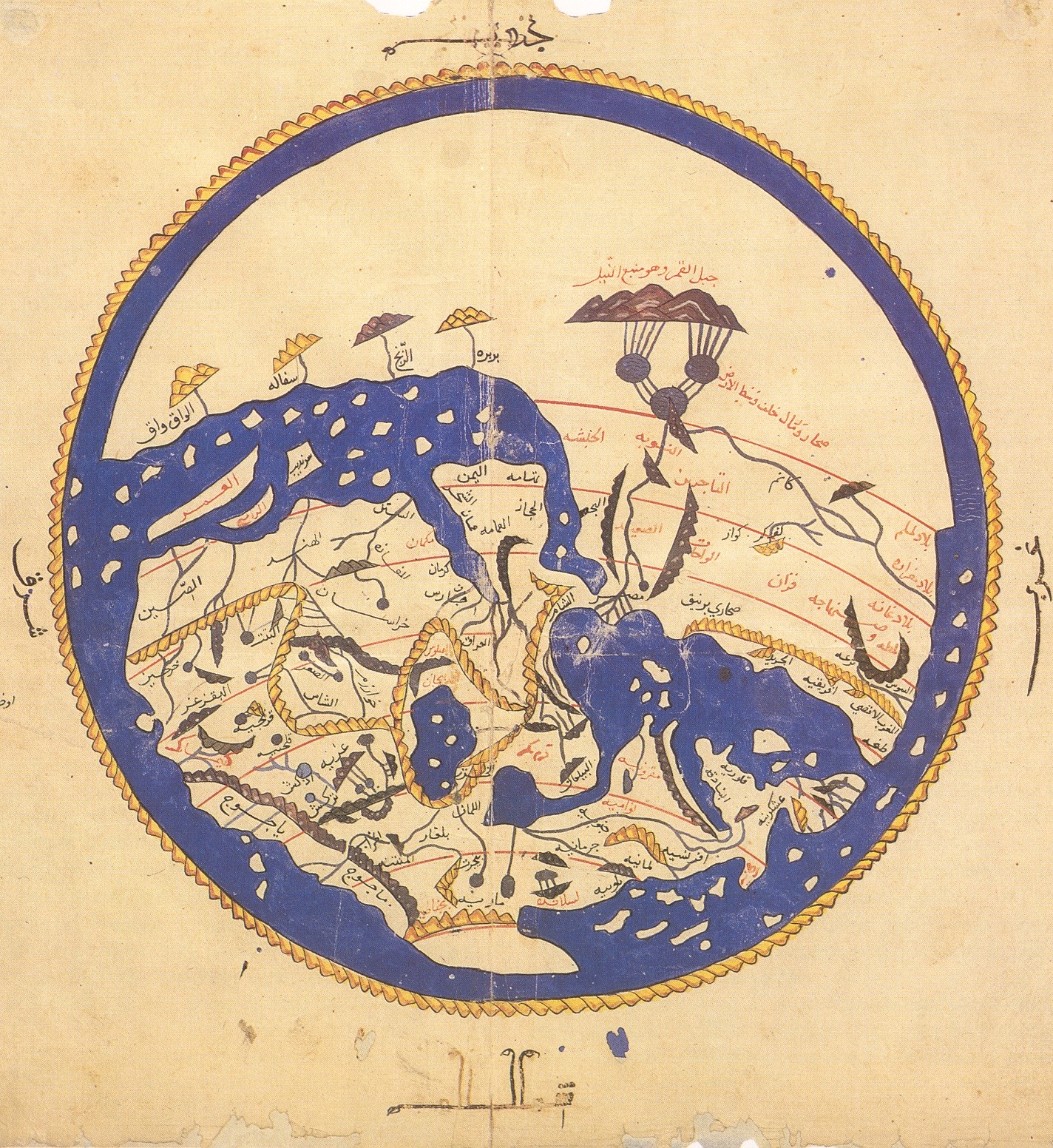
This course provides a wide-ranging, critical, and historically informed introduction to the ways anthropological knowledge has been produced, used and contested in the Middle East. It examines the conditions of possibility under which the idea of the Middle East as an ethnographic subject emerged, as situated within wider colonial contexts and European Orientalist thinking. It examines how anthropology came to turn its gaze upon people long-cast as Europe’s original and exemplary cultural Other, and how, at times, scholars and writers from these societies have sought to return or reverse the occidental gaze. In doing so the course asks questions around the history, politics and poetics of representation that still resonate in popular discourses around the region today, and indeed in wider anthropology.
The course focuses ethnographically on the Arabic-speaking Mashriq; Egypt, Palestine, Syria, the Arabian Peninsular, Iraq, Jordan and Lebanon, as well as including, to a lesser extent, ethnographic work from Iran, Turkey and North Africa. A key theme running through the course is how representations of modernity have been created, debated and contested within various Middle Eastern societies over the last two centuries in the face of colonialism, war and mass forced migration, from late Ottoman reforms to the Arab Uprisings of the last decade; from ‘Tanzimat to Tahrir’. We will look at the political cultures and subjectivities these histories have given rise to, and how these are resisted. Considering a variety of voices and perspectives, the course will look at the relationship between ethnographies of the region and wider debates in the discipline. As well as scholarly works, we will engage with a number of works of fiction and film over the course.
After some initial situating lectures, the course will involve a series of thematic and ethnography-driven lectures and classes, considering key themes and preoccupations in anthropological work in the region. These include; late Ottoman and colonial modernising projects; tribalism and segmentary theories as early anthropological obsessions and totalising models; changing approaches to questions of gender, from ‘harem’ studies, liberal feminism and its alternatives, to an increased interest in masculinities and sexuality; various approaches to Islam and to religious authority and piety; an examination of post-Orientalism critiques of anthropology and the discipline’s own interrelated crisis of representation; anthropologists’ resulting turn towards cities, nationalisms, diasporic communities and migration in the last three decades; an introduction to ethnographic approaches to media and popular cultures; a look at youth, protest and revolution in a historical context; and finally a consideration of anthropological engagements with ideas of ecological crisis and environmental justice in an area widely expected to be especially affected by anthropogenic climate change, but where technocratic attention often ignores its social and political economic implications and intersections.
